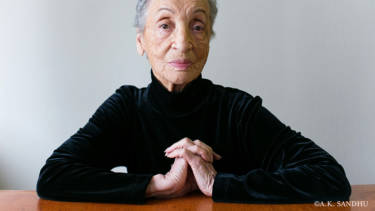Lupita Nyong’o To Star In ‘Born A Crime’ Based On Trevor Noah’s MemoirPosted in Africa, Articles, Arts, Autobiography, Media Archive, South Africa on 2018-02-22 04:47Z by Steven |
Lupita Nyong’o To Star In ‘Born A Crime’ Based On Trevor Noah’s Memoir
Deadline Hollywood
2018-02-21
EXCLUSIVE: Oscar winner Lupita Nyong’o, currently starring as Nakia in Disney/Marvel’s record-smashing, watershed hit Black Panther, has signed on to star in Born a Crime, the film adaptation of The Daily Show host Trevor Noah’s bestselling debut autobiography Born a Crime: Stories from a South African Childhood.
Nyong’o will play Noah’s mom, Patricia, who served as an important figure to her son in his formative years. She was shot in the head by his stepfather while returning from a church service in 2009, but survived.
Noah is producing the project through his Ark Angel Productions alongside Norman Aladjem, Derek Van Pelt and Sanaz Yamin of Mainstay Entertainment, and Nyong’o…
Read the entire article here.









